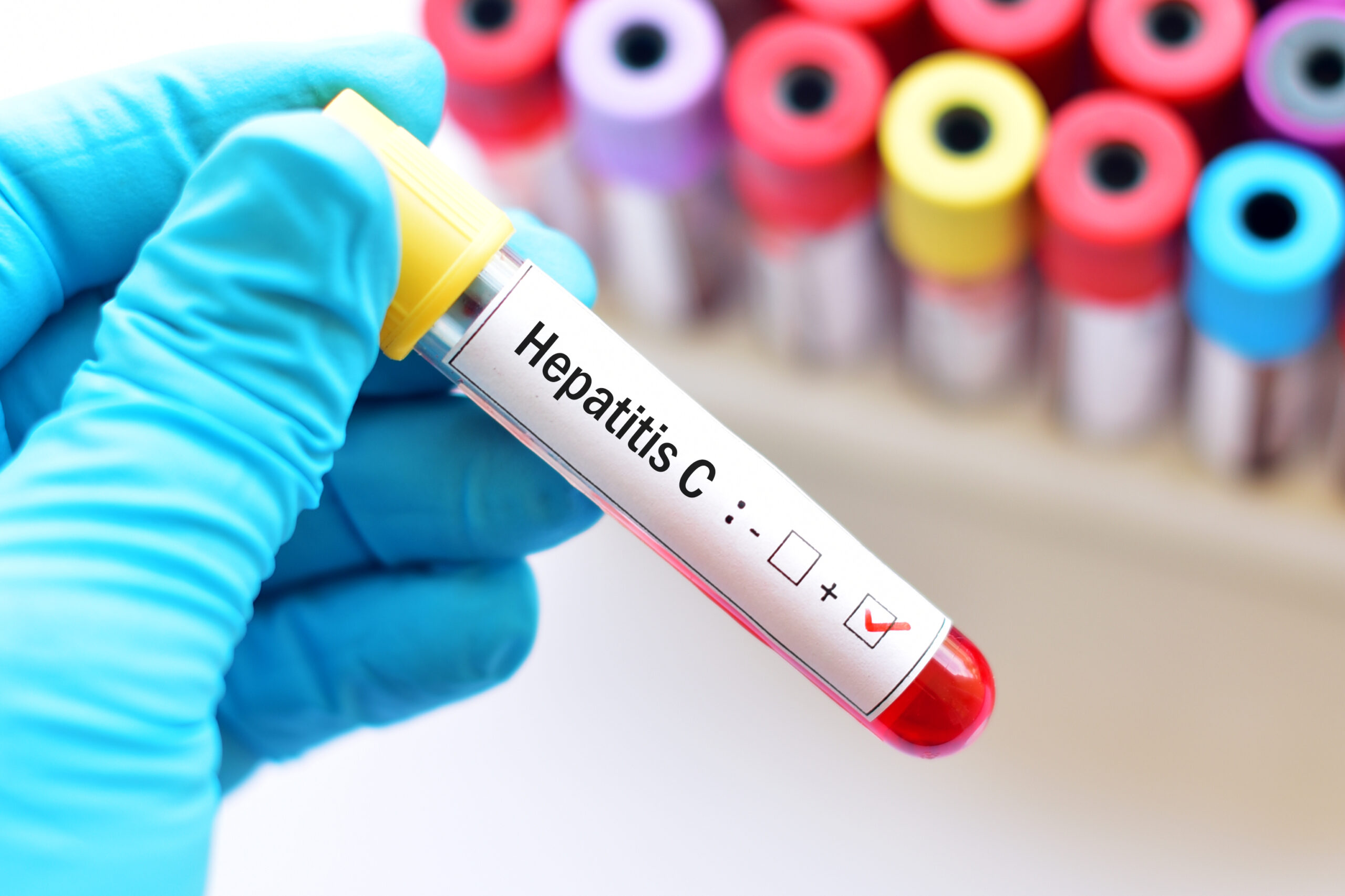Up to 20,000 people in Ireland may have the silent disease hepatitis C and experts have warned that the State’s target to eliminate the curable virus lags 21 years behind schedule. Ireland faces an uphill battle to overcome the disease by 2030 due to a “lost cohort” of cases,
a top professor has also warned.
Hepatitis C is spread through contact with the blood of an infected person and if left undiscovered, can shorten life expectancy by up to 15 years. It is usually associated with drug use, but can also be contracted through tattoos, infected blood products, snorting narcotics and risky sexual activity.
Ahead of World Hepatitis Day in July, campaigners warned that with around 600-to-700 new hep C diagnoses annually, Ireland is two decades off elimination targets . This is due to limited availability of treatment for those outside specialist addiction services. The number being treated has fallen by two thirds — from 354 in the first three months of 2019, to just 110 in the first quarter of this year.
“At the moment, we have probably had as many, if not more, new infections in the past five years than we have treated,” said Prof Jack Lambert, Consultant in Infectious Diseases and Genitourinary Medicine at Dublin’s Mater Misericordiae University Hospital and UCD.
“In 2020, we treated approximately 550 people, and less than 100 of those in the wider community setting. We have to re-think how we can reach our target of treating 1,500 people per year to eliminate hepatitis C by 2030
“People on methadone are being identified all the time, but people who may previously have been drug users but are no longer engaged in care may be part of the silent epidemic of those lost to follow-up,” he continued. “We now have a lost cohort of hepatitis C sufferers. Everyone should have a hep C test once in their lifetime, probably during their 40s, as is the case in the US.
Other groups, he said, must now be targeted for screening, including those who developed it from sexual contact, tattoos and non-intravenous drug use. The infection of large numbers of people from Eastern Europe with tainted blood products following the fall of the Soviet Union — and now living here — is also a contributing factor to rising cases, he added “The scandal is that our neighbours in the UK can have someone tested and beginning treatment within an hour. We are nowhere near that in the community and there are only a handful of GPs prescribing here,” said Ms Kristy Hayes, Head of Advocacy with the Hep C Partnership.
We are not among the 11 countries worldwide on track to meet elimination targets by 2030.”
Increased alcohol consumption during lockdown among those unaware they had the infection has also led to more patients presenting with advanced liver disease. Diagnosis of the virus — one of the few curable viruses in the world — is through a PCR test and treatment is via oral medication for eight-to-12 weeks. One person, fully
cured through new treatment in 2017 after being diagnosed with the virus a decade ago, says it remains grossly misunderstood in Ireland.
‘Sophie’, 53 years old and a project worker in the healthcare service, said she is convinced she contracted it after getting two tattoos in her 20s and believes she would have died had she not received treatment. “There are people who have never touched drugs who have hepatitis C and they’re put through a huge amount of stigmatisation,” she said. “Sometimes it feels worse than having a criminal history — the minute hep C is
mentioned, you are judged.







